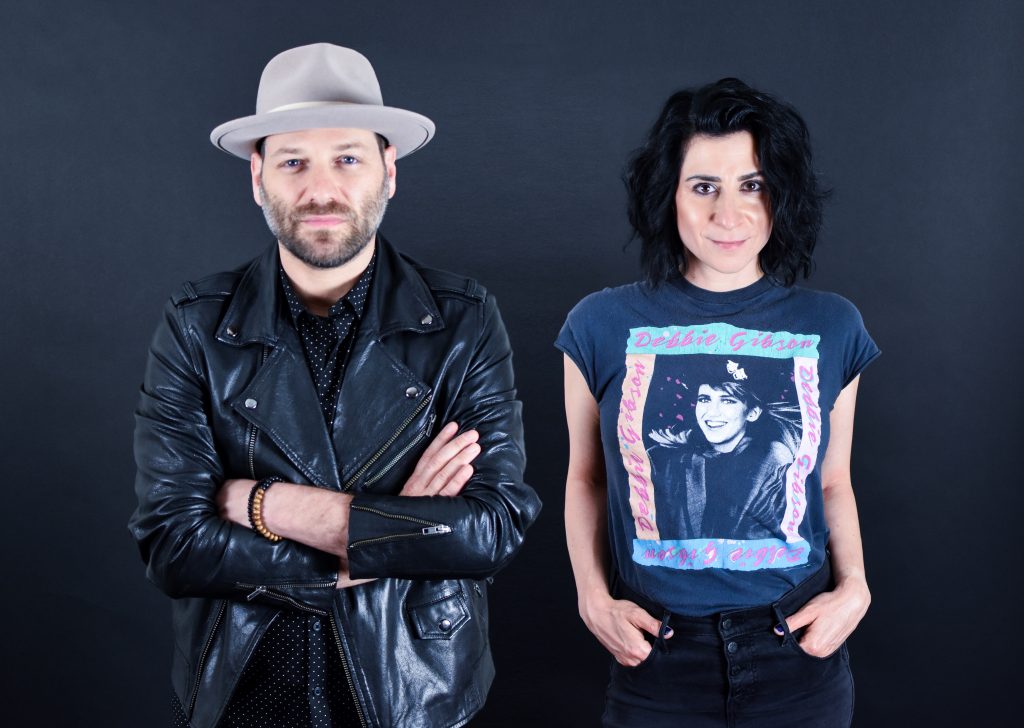
To kick off our new series, “Music Beyond the Classroom,” we caught up with the band, TeamMate, currently based in Los Angeles. TeamMate is a pop rock duo comprised of Scott Simons and Dani Buncher. Scott serves as keyboardist and Dani plays the drums. Both of them sing. They play an energetic brand of rock that is simultaneously catchy and full of depth. Not only are they great performers (Scott also performs as the keyboardist for America’s Got Talent and music director for Little Big Shots), they are brilliant, kind, and hilarious individuals. (Check out their instagram if you don’t believe me! @teammateband)
I first met TeamMate in 2012 when my band played some shows with Scott and Dani. I’ve been following their career ever since and can’t stop dancing to their music when I’m cooking dinner (my kids are also big fans). Most recently, they’ve released a single called “All Heart” and are planning a follow-up release for a stripped down version later this month.
We asked Scott and Dani to talk to us about their work in the music industry, their education, and what they wished that had learned in school. Check out their answers:
Table of Contents
Tell us about being in a band and working in the music industry. What does your day-to-day work look like?
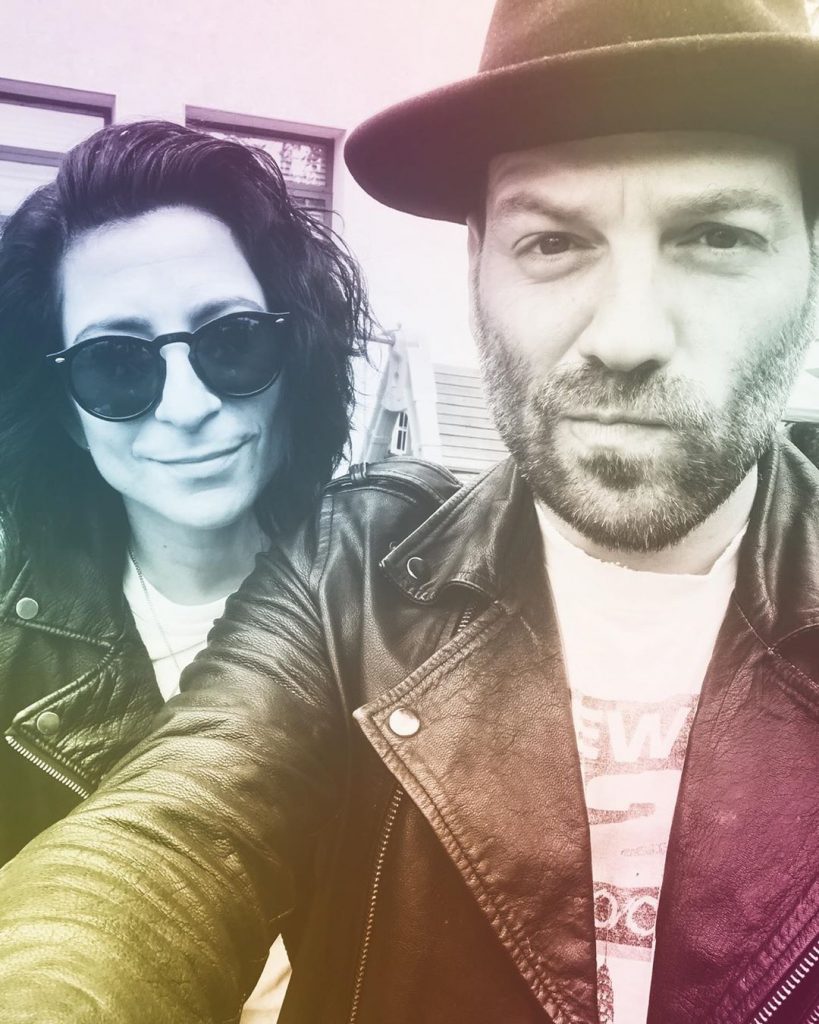
“You said I’m over but I’m over here like…. hi.”
D: I think it’s only fair to give both sides of these answers, so I’ll let Scott answer with the more optimistic responses. :)
S: I’m fortunate enough to do a bunch of things in the music industry to stay afloat. I don’t have a consistent day-to-day routine. Every day is a bit different. Some months of the year I work on the music team of America’s Got Talent which keeps me busy helping arranging songs and instructing acts on the show. I sing the theme song for Paw Patrol so every once in a while they have a new thing for me to sing. Additionally, I produce and write for other artists and commercial, film and TV work. I also teach a few piano and songwriting lessons on the side.
D: For many musicians, a typical day-to-day involves long hours at a day job, a quick dinner at home (or on the road), and then long hours writing/recording in the studio or in rehearsal. For other folks, day-to-day may involve teaching instrument lessons or other music industry related jobs. Personally, my day-to-day falls somewhere within that spectrum.
How did you become a band?
S: Oh boy. Well, we never intended to be a band. We met in college and dated for 10 years without really playing music together. Music was always a big part of our lives together but we never created together. When Dani came out to me and we broke up, it took a few years but we decided to stay in each other’s lives as best friends. That lead to us wanting to create music based on our experience.
Who were your mentors in your field and what did they teach you?
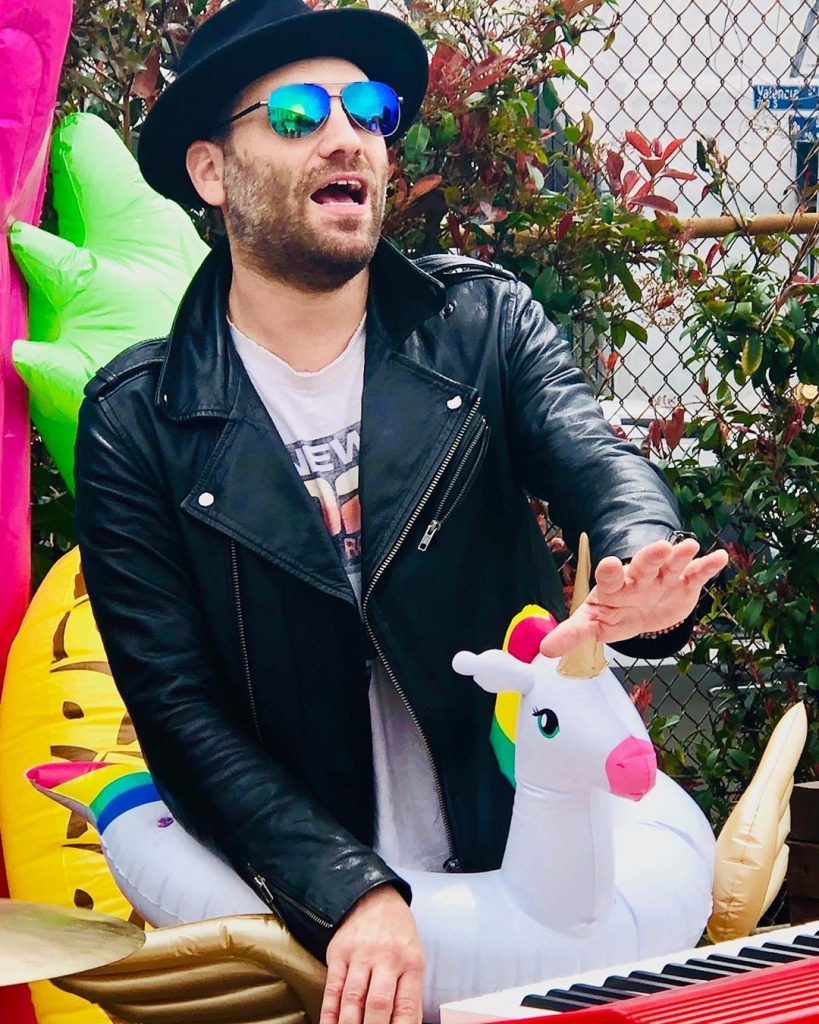
#rockstyle
S: My first teacher really was my dad. He wasn’t a professional musician but he was a massive music fan. He handed me down his love of artists like The Beatles, Bill Joel, Simon & Garfunkel and musical theatre. Both of my parents encouraged me early on to pursue a career in songwriting. My public school band teachers were incredible and gave me space to be a dorky, creative clarinet kid that wrote original songs for the jazz and pep bands. I majored in Music Composition at West Virginia University and there I learned all of the rules and techniques for writing and arranging. After college, I learned most of what I know about the music industry through touring with my former band The Argument and shopping for labels. Learning is a continuing process though. I learned to produce long after I started writing and I learn something new about the music industry everyday as I work in it.
D: My parents have been my biggest influences. From an early age, they encouraged me to be creative and expressive. My mom started me in private drum lessons when I was around 8 years old. My first drum teacher always pushed me to challenge myself and taught me that just because something is difficult, doesn’t mean it can’t be fun.
What is the hardest part of playing in a band and all that comes with it?
S: Well, “hard” is subjective because ultimately it’s a choice to create your own music and sign up for all of the highs and lows that come with it. Recently, the most frustrating thing is cutting through. There is so much music and other media to compete with that hoping someone will find your song and spend a few minutes listening THEN be engaged enough to find you online and follow your career is a big ask.
D: I agree with everything Scott said, however, if you’re looking for an even more specific answer… It’s really “hard” when you put your whole heart and self into a project (song, performance, recording, etc) and people don’t like or enjoy your creation, that can be a bit crushing. But you keep going because you remind yourself that you are doing this for yourself
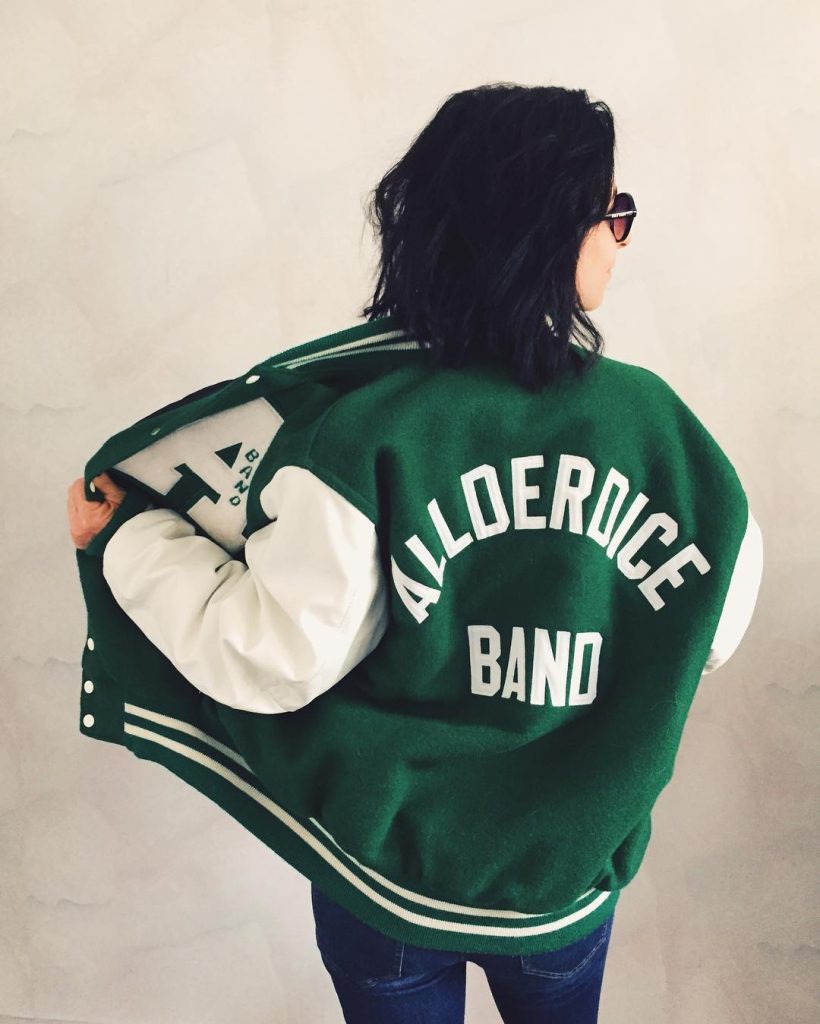
Repping the band
and not necessarily for the opinion of others.
Also, to be honest, it can be really hard to make money in this industry so you really need to be passionate about what you are creating or the struggle may drive you crazy. I should note, though… the struggle pays off in the long run.
What is the best part of playing in a band?
S: For me, the best part specifically has been the ability the band has given us a second chance at being in something together. Everything from the highs of a new release to the angst of a show that didn’t go quite perfectly is validated and survivable because we’re in this together and that’s fun.
D: That’s sweet Scott.
Did either of you have any influential music teachers in your life? Tell us about them.
S: My public school high school band director, Mr. Christian. He truly encouraged me to compose and arrange all the time at a young age — even allowing me to skip other non-music classes to hide out in the band room and write and experiment.
D: My public school high school band director, Mr. Lutz. He pushed me to be my best and encouraged me to get involved with all possible music ensembles in high school. Musical Theatre Orchestra Pit, Orchestra, Concert Band, Jazz Band, Indoor Drumline, Marching Band, and so on. Those experiences gave me a lot of perspective on what it’s like to play with a larger group of musicians and to be just one voice in the sea of many.
What do you wish you had in school that would have better prepared you for what you’re doing now?
S: I’m not sure colleges — at least at the time I went — are preparing kids for real-world expectations of the modern music industry. There are a lot of jobs besides MASSIVE GLOBAL ROCKSTAR that people don’t know about. It’s very likely you’re going to have to do more than one of them as a working musician to make it all work. Also, I think kids could be better prepared for the societal pressure (and sometimes family pressure) of choosing a path with no clear direction or endgame.
What advice would you give to someone trying to “make it” in the music industry?
S: Just start. Whatever it is. Want to be an artist? Start playing shows. Want to be a writer? Start writing as if you were pitching songs to big artists. Want to be a producer? Start producing your own songs or friends’.
Second piece of advice would be to not get caught up comparing yourself to anyone but yourself. Be better than you were yesterday at your craft. There will always be someone doing better than you but they can’t be better at being YOU. Embrace your weirdness and nuance and be nice to yourself.
D: All of that (what Scott said) and to constantly work on evolving and pushing yourself. Keep having fun, and when/if it begins to stress you out, remind yourself how exciting it was in the beginning and how proud your younger self would be of where you are now. :)
*Music Beyond the Classroom is an ongoing series in which we interview musicians currently working in the music industry in a variety of roles. Our goal is to learn more about how musicians get to where they are, and how teachers can better prepare students for futures in music.

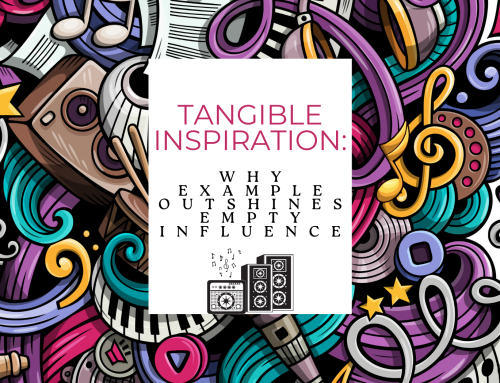
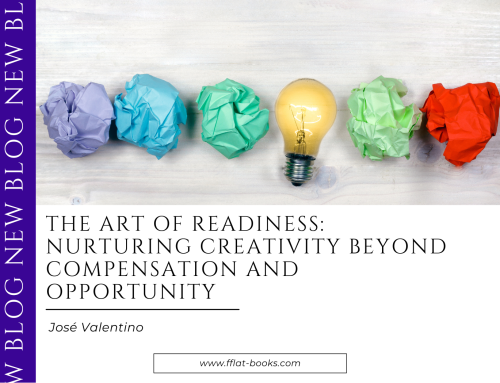
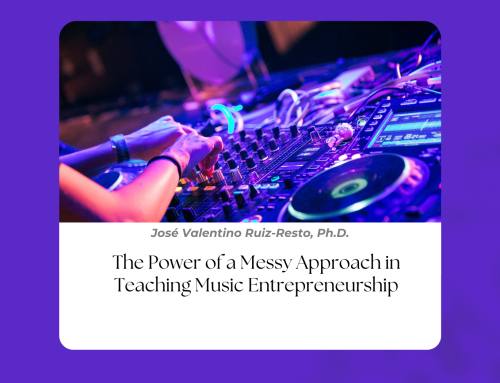
Love this interview with Dani and Scott. Thank you
The early focus on private drum lessons and school band involvement really shows how important hands-on experience is for young drummers. Loved the honest insight into the ups and downs of being in a band — especially the part about staying passionate through it all. Great to see real-world music paths being highlighted beyond just performing.